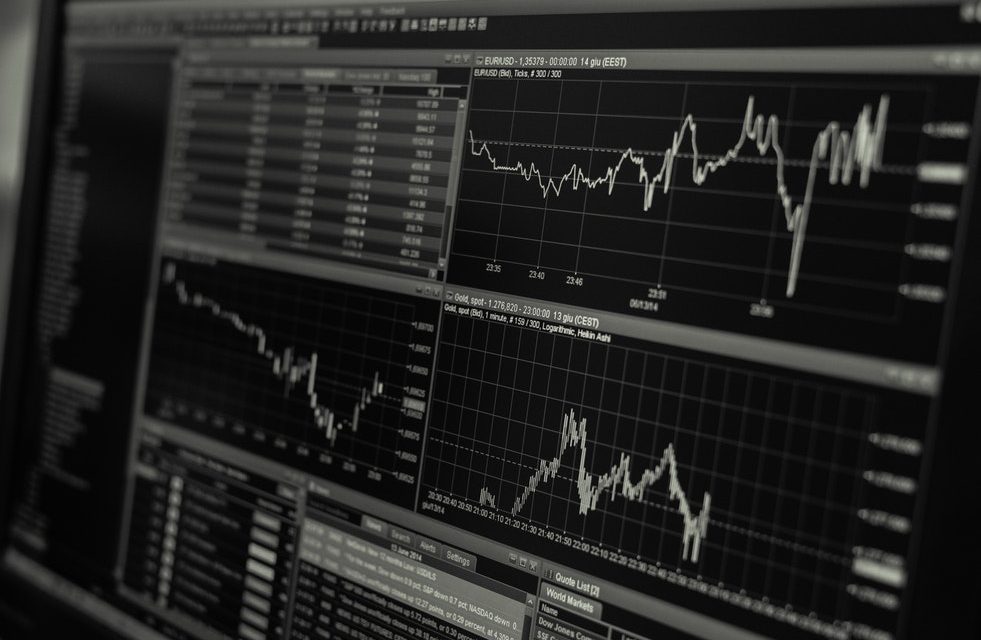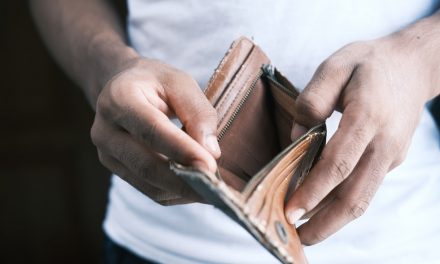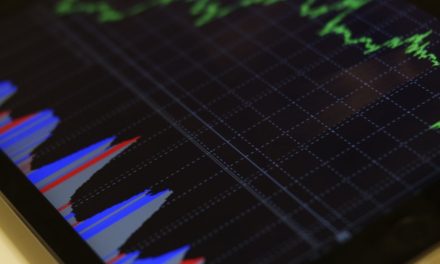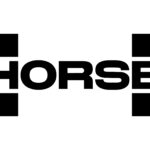The forex market remains one of the biggest entities of its type anywhere in the world, with an estimated $6.6 trillion traded globally every single day.
This volume has increased from just $5.1 trillion in 2016 and $1.2 trillion in 1995, as the number of retail traders has risen markedly and forex trading has become a viable way for individuals to supplement their income.
But how can you get started as a forex trader, as you look to optimise profit and minimise risk over time? Let’s find out!
What is Trading?
Let’s start with the basics; as forex trading refers to the buying and selling of specific international currency pairs as derivative assets.
The latter point is important, as this enables investors to speculate on price movements and achieve a profit without assuming ownership of the underlying asset.
Forex trading also deals with liquid assets and offers access to a highly leveraged marketplace, which means that traders can open and control relatively large positions with a small cash deposit.
Currencies are also traded in pairs, so the price of one asset is also quoted and measured against another.
How to Get Started in the Forex Market
Even if you have a basic understanding of the forex market, it can be difficult to get started successfully in this space. So, here are some tips and ideas to keep in mind as a trader.
#1. Make Research and Understanding Key Watchwords: To get started, your first step should always be to learn about the marketplace and understand its core mechanics. This creates a solid foundation of knowledge that can inform your decisions and trading strategies, while it also helps to establish a keen sense of determinism that’s inherent to all successful forex traders.
#2. Utilise a Demo Account: Next up, you’ll need to translate your theoretical knowledge into practical trading experience, and you can achieve this easily through the use of a so-called “demo account”. Available through trading platforms such as the MetaTrader 5, this affords you access to a real-time and simulated marketplace, in which you can hone your strategies and trade without risking your hard-earned capital.
#3. Use Tutorials and Copy Trading: The Internet has become a significant source of information for traders and investors in the digital age, and you can certainly access this to view online trading tutorials. These are often free to access through sites such as YouTube, while they provide actionable advice and steps that can help you to get started in the marketplace. On a similar note, you may also want to consider copy trading as a newbie, as you look to follow successful and like-minded investors and replicate their trades.


















